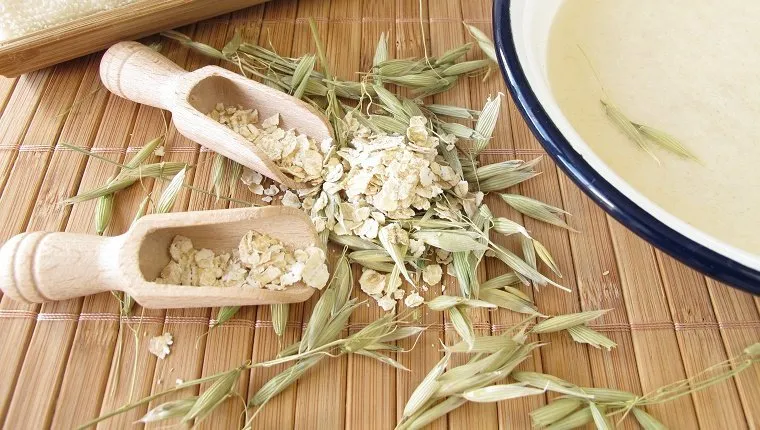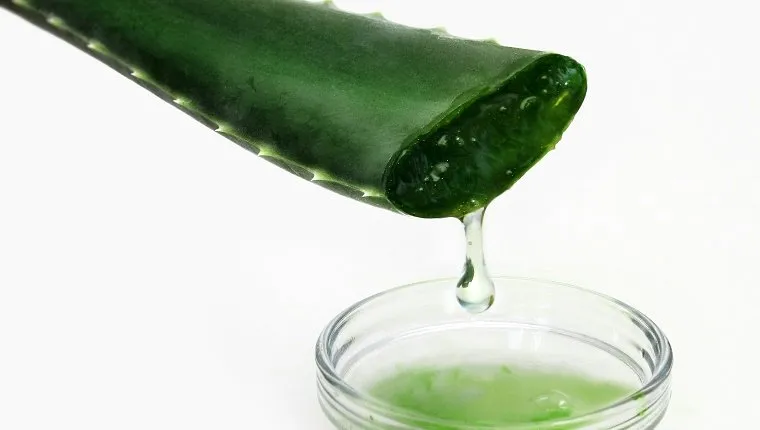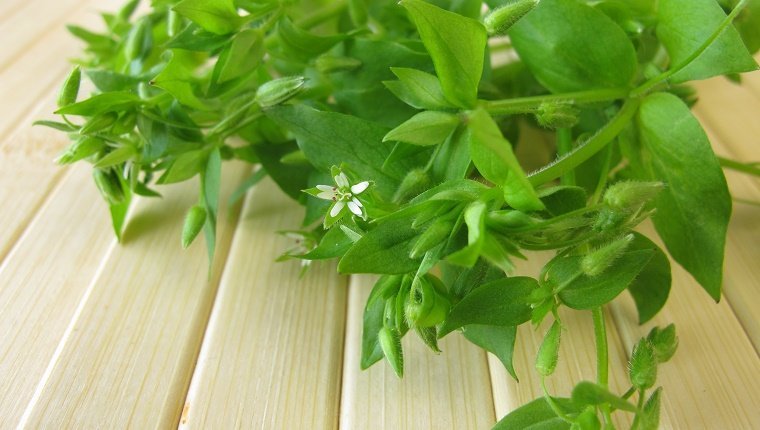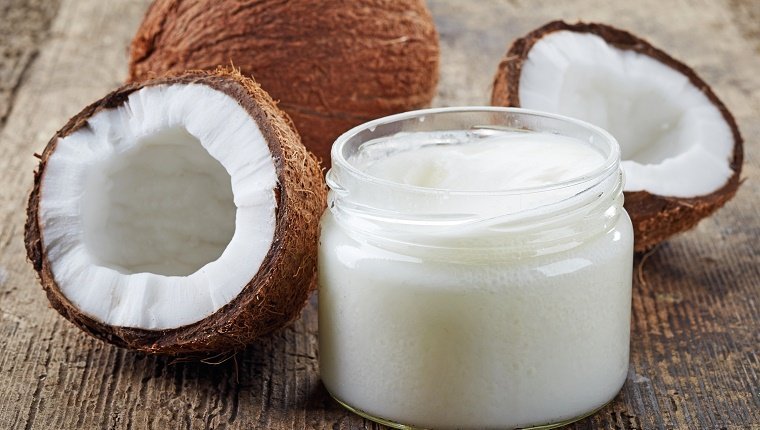If your dog suffers from seasonal allergies, and you want to use natural remedies instead of steroids or medications, there are several options available that can help your pup.
Seasonal allergies can cause sinus inflammation, sneezing, coughing, excessive mucus, runny eyes, yeast infections, and skin irritations like rashes and hot spots.
The natural remedies below can fight those symptoms while avoiding the potentially harmful side effects of many medications. You MUST discuss them with your vet before you make any changes to your dog’s diet or supplement routine.
Here are eight natural remedies for dogs that can help fight symptoms of seasonal allergies.
What else do you recommend for dogs with seasonal allergies? Have you tried any of these remedies? Let us know in the comments below.
Natural Remedies For Dogs With Seasonal Allergies
-
Quercetin

(Picture Credit: Betsie Van der Meer/Getty Images)
Quercetin is a flavanoid, which is basically a compound in plants that gives fruits and veggies their colorful pigments.
Quercetin has antioxidant, antihistamine, and anti-inflammatory properties. It helps fight cellular activity associated with inflammation, which reduces itching.
It's also used to treat asthma and respiratory issues because it reduces inflammation. Quercetin has cancer preventing qualities, as well.
Supplements come in pill and capsule form. For the right dosage in milligrams, take the weight of your dog, multiply by 1000mg, then divide by 125. Rely on your vet's advice for the correct dosage.
-
Bromelain & Papain

(Picture Credit: Getty Images)
Bromelain and Papain are proteolytic enzymes, which is a fancy way of saying they break down protein. Bromelain comes from pineapples, and papain comes from papayas.
They help increase the absorbtion of quercetin, which is why they're often sold together. Bromelain and Papain also reduce pain and inflammation in mucous membranes and other parts of the body.
They should be used with quercetin for the best results. As always, consult your vet for dosage.
-
Oat Baths

(Picture Credit: HeikeRau/Getty Images)
Do NOT use oat if your dog is itching due to a yeast infection. Oat is a source of carbohydrates, which will only make yeast thrive.
However, if your pup's itching is caused by allergies, an oat bath can be very soothing. Boil oat straw in water and mix it in with your dog's bath.
This will reduce itching, and the bath itself will be helpful in removing many of the allergens that can be present on your dog's skin or trapped in their coat.
-
Aloe Vera

(Picture Credit: retales botijero/Getty Images)
When you use aloe vera for your dog, make sure you're not using the whole leaf. The leaf contains saponins, the yellow or orange substance found in the rind, which is a laxative that can make your dog sick. Use only the gel.
If you are buying aloe gel from a store instead of getting it from the plant directly, it should be fine.
Aloe has antibacterial, antifungal, and anti-inflammatory properties that make it perfect for treating burns, itches, and hot spots when applied to the skin. If your dog is itching, apply the gel to the affected areas.
The cooling effect often reduces the discomfort immediately. It should be applied twice a day.
-
Thyme

(Picture Credit: JGI/Jamie Grill/Getty Images)
Thyme contains flavanoids, which have antioxidant, anti-inflammatory properties. It also has antiseptic and antifungal properties, which make it great for use where skin and yeast infections are common, like between your dog's toes.
If you've noticed your dog chewing at their paws, try making an infusion out of dry or fresh thyme and apply it to the affected areas. Make sure it gets deep between the toes, too.
-
Chickweed

(Picture Credit: Getty Images)
Chickweed has anti-inflammatory properties that make it good for treating itches and hot spots.
Chickweed gel can be applied topically and has a pleasant, cooling effect that makes it good for use in hot weather. It can also be used to treat minor bug bites, rashes, or eczema.
-
Apple Cider Vinegar

(Picture Credit: bhofack2/Getty Images)
Apple cider vinegar can be used as a rinse for your dog's paws that will take off some of the pollen and allergens that accumulate. It's also effective for fighting some of the rashes and itch caused by yeast infections and can be used as a cleaner for your dog's ears.
If you use it in a spray, you can spray it directly onto itchy areas for some relief. It should not, however, be used on open wounds or bites.
-
Coconut Oil

(Picture Credit: Magone/Getty Images)
Coconut oil has many benefits for your dog, but it also contains lauric acid, which decreases yeast production. It contributes to healthy skin and reduces allergic reactions to fleas.
When used in combination with fish oil in your dog's diet, coconut oil can help suppress inflammatory responses that come with allergies.
The antiviral and antibacterial properties of coconut oil reduce itchiness in skin and have added benefits like aiding digestion problems and boosting the immune system.









